
Twenty-five years after walking into The Independent offices at 40 City Road, London, for my first day as travel correspondent, I will walk out of The Independent offices at 2 Derry Street and unlock a bicycle using a small radio-frequency identification tag. I will pedal northeast across central London for half an hour and deposit the bicycle outside a station which, in 1994, looked on the verge of dereliction – as did the miserable diesel trains that wheezed in and out.
Today St Pancras is back as the finest railway terminus in the world and, thanks to Eurostar, undisputed British champion of exotic destinations. The departure screens invite you to contemplate Amsterdam or Alfreton, Brussels or Brighton, Calais or Cambridge...
Eurostar had launched in 1994 – but from Waterloo station, south of the river. Only in 2008 did it move to the magnificent cathedral of locomotion at St Pancras, when HS1 (the Channel Tunnel Rail Link) opened between London and the Kent coast.
The original booking office is now the Booking Office, a swish bar-restaurant that is part of the Renaissance Hotel, which has rejuvenated the Victorian palace formerly known as Midland Grand Hotel.
Britain’s railways have also been rejuvenated, with the number of passengers doubling in the past 25 years. This is perhaps the single biggest travel achievement of the quarter century. Has it happened because of, or despite, privatisation, which began in 1995? That debate would last a lot longer than the half-hour trip to Luton Airport Parkway.
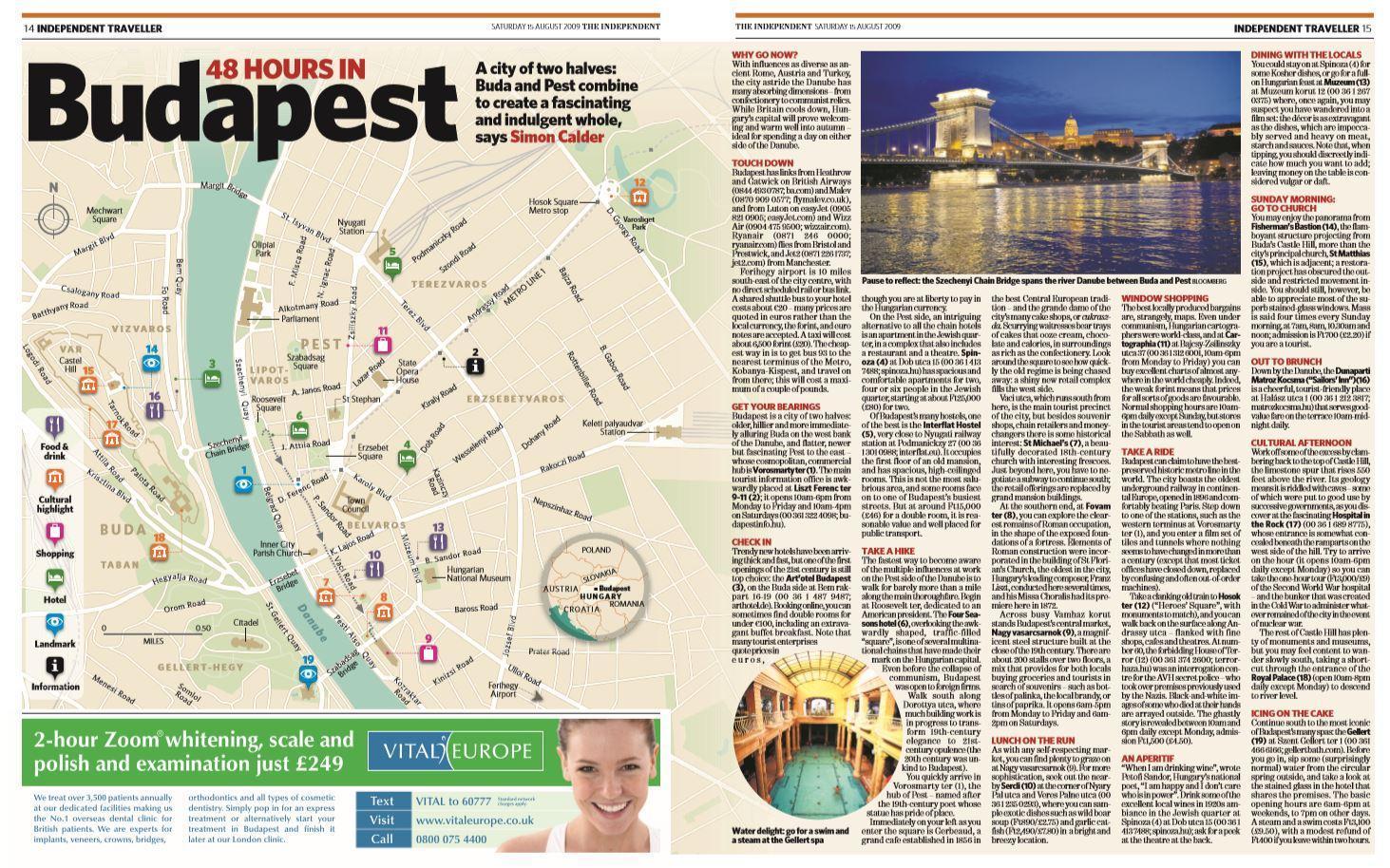
Much work remains to be done to drag the railway industry into the 21st century, shedding outdated practices. As passengers have done for 151 years at St Pancras, I will need to join a queue for the (lower-case) booking office to buy a paper ticket.
Luton airport is 10 times busier than it was a quarter-century ago, entirely due to the no-frills revolution. Ryanair was first in, but it took a young Cypriot named Stelios Haji-Ioannou to transform the place. In 1994, the then airport boss, Richard Gooding, offered Stelios’ “paper airline” a five-year contract. “He was the first guy that realised there was some potential here,” Stelios later told me.
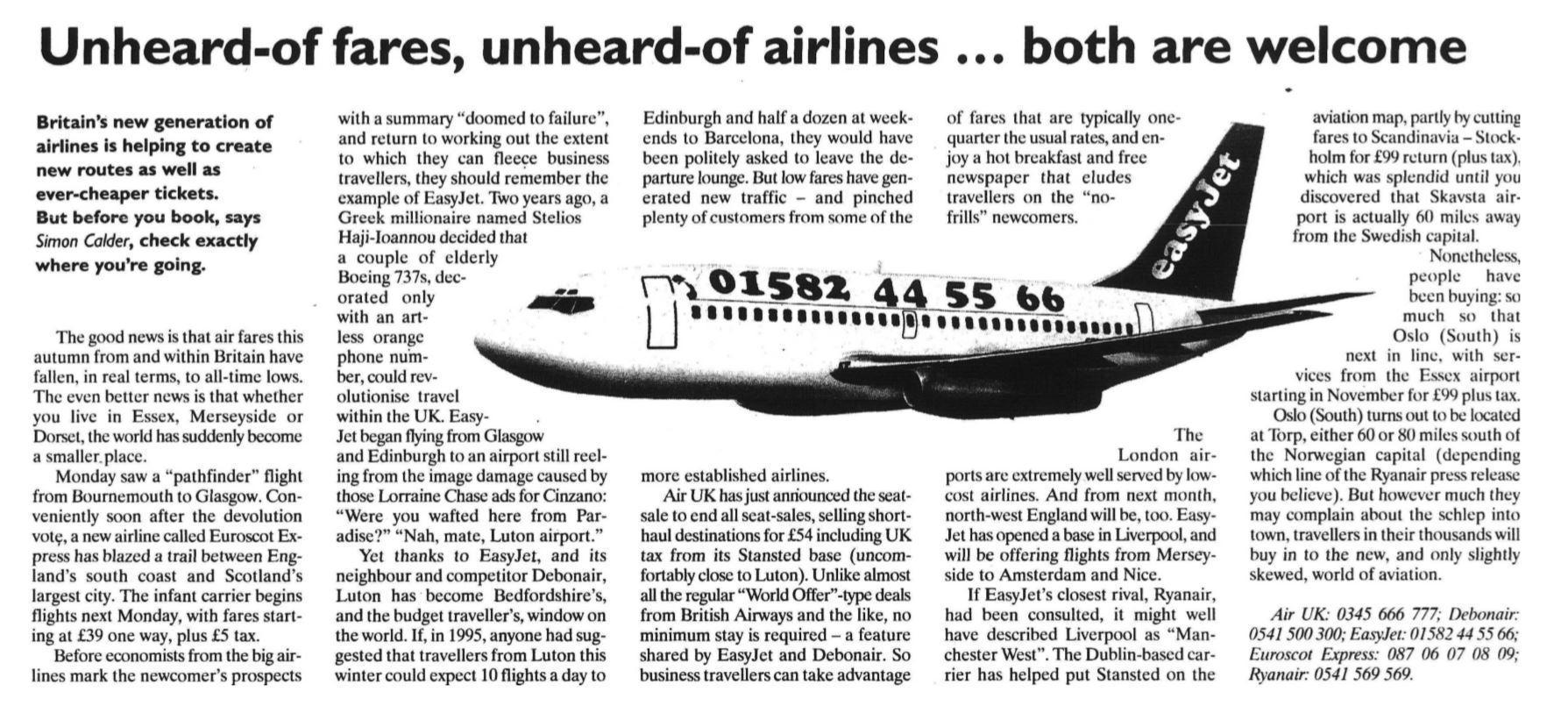
One of my many professional mistakes was to fail to realise the potential of easyJet. For its launch route in November 1995, the start-up borrowed a couple of planes from GB Airways and painted the phone number (01582 44 55 66) on the side in lurid orange. The starting one-way fare for flights from Luton to Glasgow (and, shortly afterwards, Edinburgh and Aberdeen): £29.
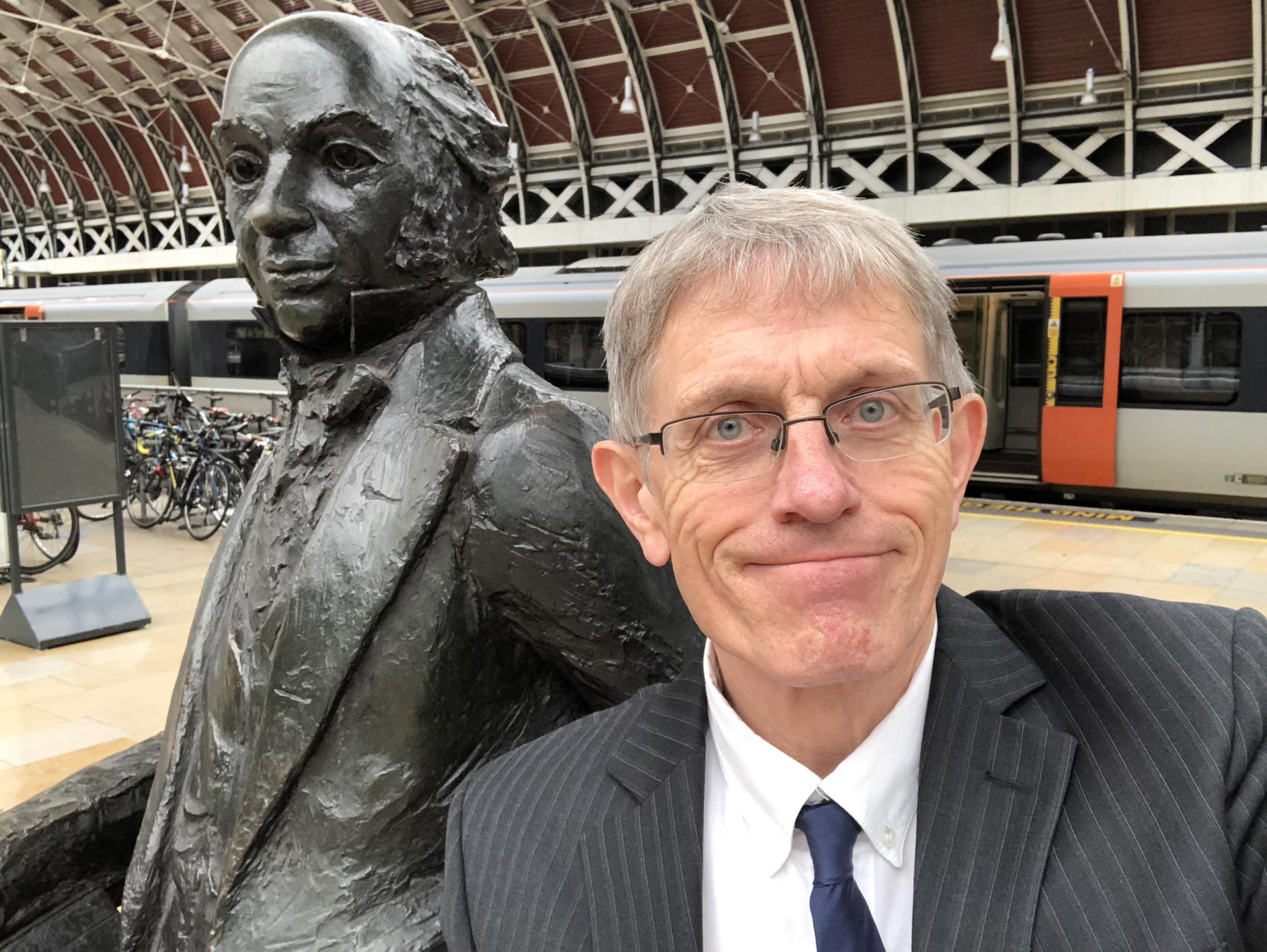
In the mid-1990s, the idea of “flying to Scotland for the price of a pair of jeans” was transformational. Not only had Stelios halved the cheapest going rate on British Airways and British Midland from Heathrow – he did not care if you only flew one way or had the temerity to want to return without staying a Saturday night. Surely easyJet would prove yet another heroic airline failure?
Despite (or perhaps because of) launching in the lowest of seasons, the airline made it through to the new year. I tried it out early in 1996, explaining the remarkable concepts that you had to book direct with a call centre, and that cabin crew sold tea and biscuits for £1 rather than giving stuff away.
The price of drinks and snacks has increased, but the lowest one-way fares from Luton to Scotland have fallen: typically £23 (if two people travel together). Yet easyJet managed to make a profit of £6.50 per passenger last year, and is on course to fly 100 million passengers in 2019.

Along with its bigger rival, Ryanair, easyJet has democratised air travel and overturned many aviation industry conventions. No longer is it acceptable to leave an average of a quarter of seats unfilled; they maintain a “load factor” of about 95 per cent. And most important of all: the pair are now the safest airlines in the world, having flown more passengers than any other carriers without a fatal accident.
Today, Luton has tougher no-frills competition than any other airport in Britain. Besides easyJet and Ryanair, the Hungarian airline Wizz Air has its main UK base at the Bedfordshire airport. And I have paid £46 for a one-way flight to Budapest.
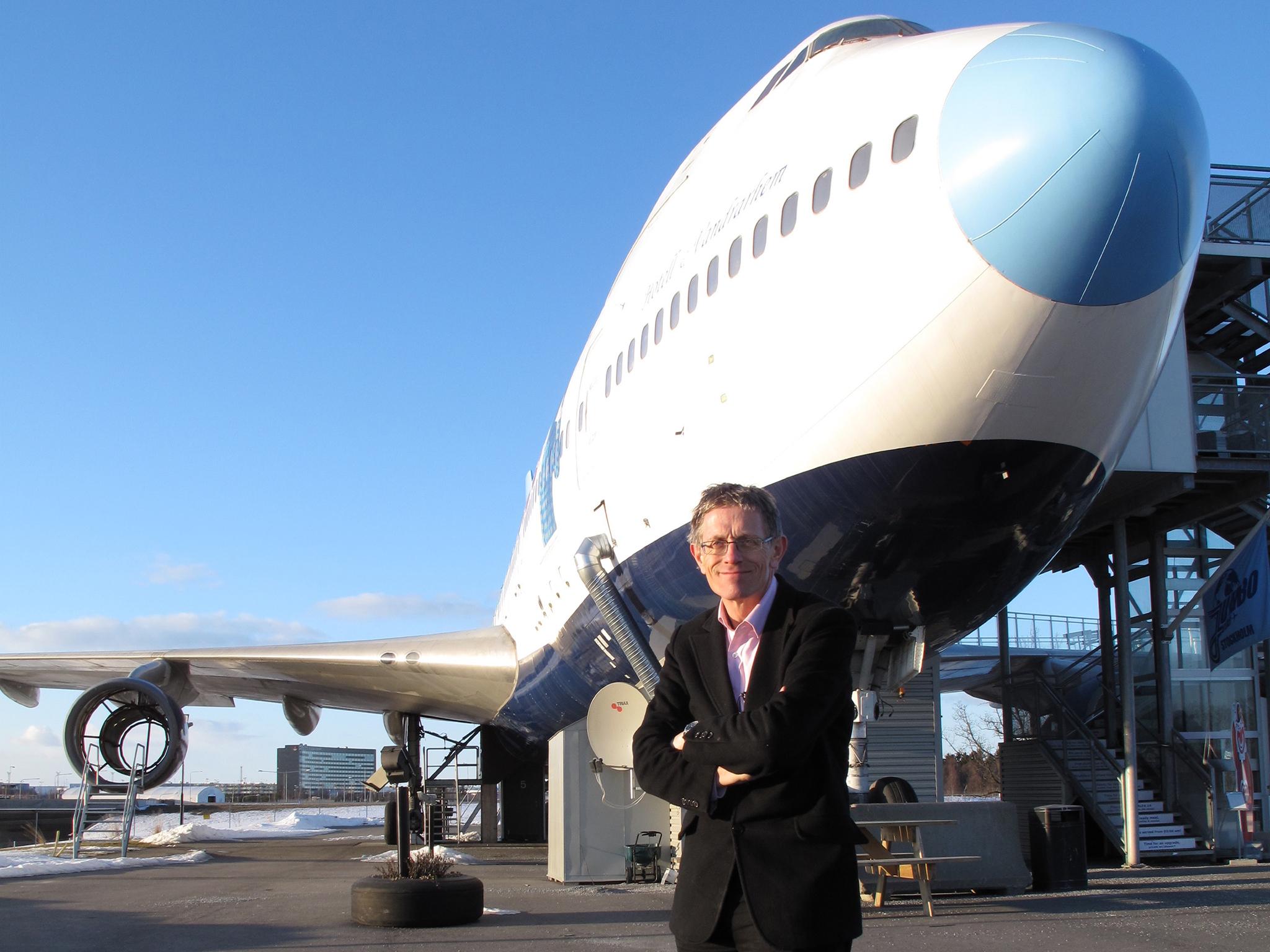
A quarter-century ago, the prospect of any normal person buying a one-way ticket from London to the Hungarian capital would have been laughable. British Airways and Malev priced their outbound flights at around £400. You could get it cheaper – for perhaps £300 – if you booked a return and promised not to come back before a Saturday night had passed. For my first trip to Budapest, I found a £150 return BA flight from Heathrow to Vienna and took a hydrofoil down the Danube.
When I initially researched 48 Hours in Budapest, a good way to go was via Paris on the Orient Express (that’s the original trans-European train, rather than the Venice Simplon-Orient-Express luxury service).
But like so many international night trains, the Orient Express was killed off a decade ago by a combination of land and air attacks. On the ground, accelerating rail services rendered night trains obsolete (ask an older person about the sleeper services that ran between London and Manchester until the 1990s). In the air, the European Union’s open-skies policy that enabled low-cost aviation to flourish means travellers between the French and Hungarian capital can choose from easyJet (serving Charles de Gaulle airport), Transavia (Orly) or Ryanair (extending the definition of “Paris” to the former Luftwaffe base outside Beauvais in northern France).
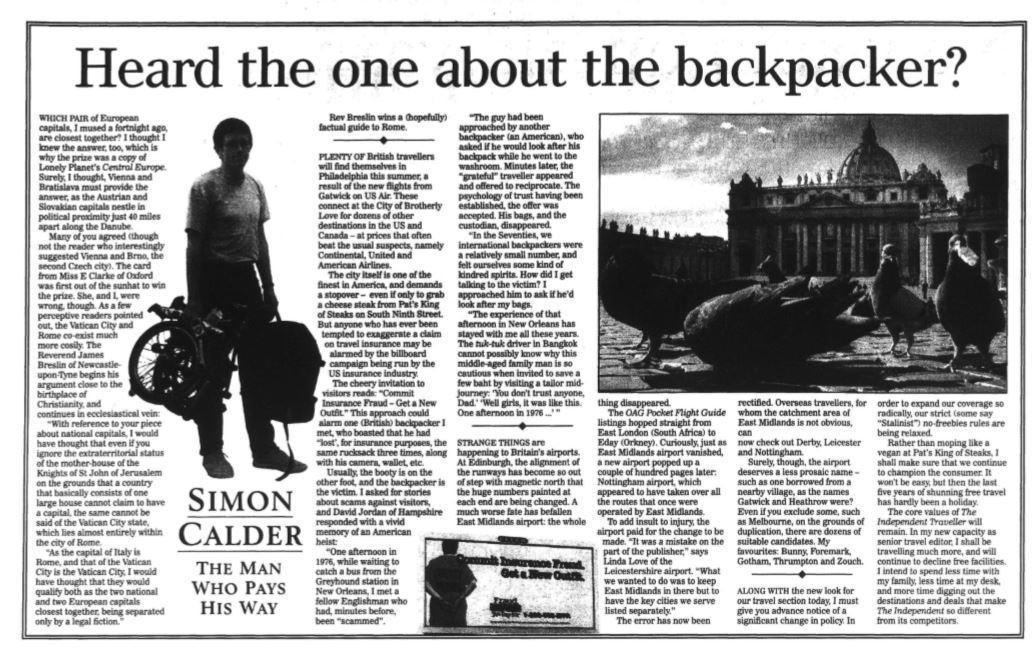
Budapest is an alluring destination in early summer. With influences as diverse as ancient Rome, Austria and Turkey, the city has many absorbing dimensions. It also has a long history in wellness tourism – one of the strands of travel that has been comprehensively reinvented in the 21st century.
But I am going to the Hungarian capital not to indulge at the Hotel Gellert, but only for dinner as part of a tax avoidance scheme. My final destination is Baku on the shores of the Caspian Sea, for which I have a separate ticket on the overnight Wizz Air flight from Budapest. It cost £55, considerably less than the air passenger duty (APD) payable had I opted for the direct Azerbaijan Airlines flight.
APD was introduced in November 1994 by the last Conservative chancellor of the 20th century. Kenneth Clarke told me: “Aviation was in an unusual position in that it’s the only form of transport where no one was paying any tax on the fuel that it uses.” Successive chancellors have increased APD from £5 for European flights or £10 for intercontinental trips to £13 and £78 respectively (doubled, or more, in anything other than basic economy). But by breaking the journey in Budapest, and self-connecting with two separate tickets, I pay only the lower amount.

The internet has bestowed the 21st-century traveller with visibility of live prices for almost any journey. In 1994, the travel industry held all the cards. A flight, a package holiday, a hotel, a rental car? Ask a travel agent. They were the gatekeepers of the inventory of the industry of human happiness, and the purveyor of mysteriously complicated documents proving entitlement to trains, boats and planes.
Thanks to the world wide web, anyone with a computer, tablet or mobile phone can pretend to be a travel agent. This is not great news if you are a travel agent. Thomas Cook, the original mass-market travel firm, has halved the number of high-street agencies in the UK.
Yet reports of the demise of the travel agent are premature. Certainly, their role as “order takers” for simple products has vanished – which means they have to justify their existence by adding value to complex plans, rather than subtracting value from trivial transactions. Trailfinders, which has never sold a single travel product online, appears to be thriving. I buy plenty of travel from it and other agents, but I certainly didn’t trouble them for my ticket to Budapest.

I bought my first mobile phone a few weeks after starting at The Independent. Three days later, I was profoundly embarrassed when it rang while I was on a bus. Today the only embarrassed bus passenger is the one with an old Nokia. If they want to use it to buy a plane ticket, they will need to dial a call centre somewhere in eastern Europe and pay extra for the privilege. Everyone else is doing it online. And with a wave of a bar-coded boarding pass on my smartphone, the gate to departures will unlock.
Almost everything to do with travel is cheaper, easier and safer than it was 25 years ago. Except for the next step: the airport security check. Aviation continues to be the target of choice for terrorists, and in 2001 aircraft were used as weapons of mass destruction to kill nearly 3,000 people.
The terror attacks of 11 September 2001 were meticulously planned and catastrophically effective. Al-Qaeda terrorists who had been legally admitted to the US took “box cutter” knives through security checks at Newark and Boston airports. They had tickets for lightly booked transcontinental flights – they wanted as few passengers onboard as possible, and planes full of fuel. Shortly after take-off, they killed the pilots and took over the aircraft.
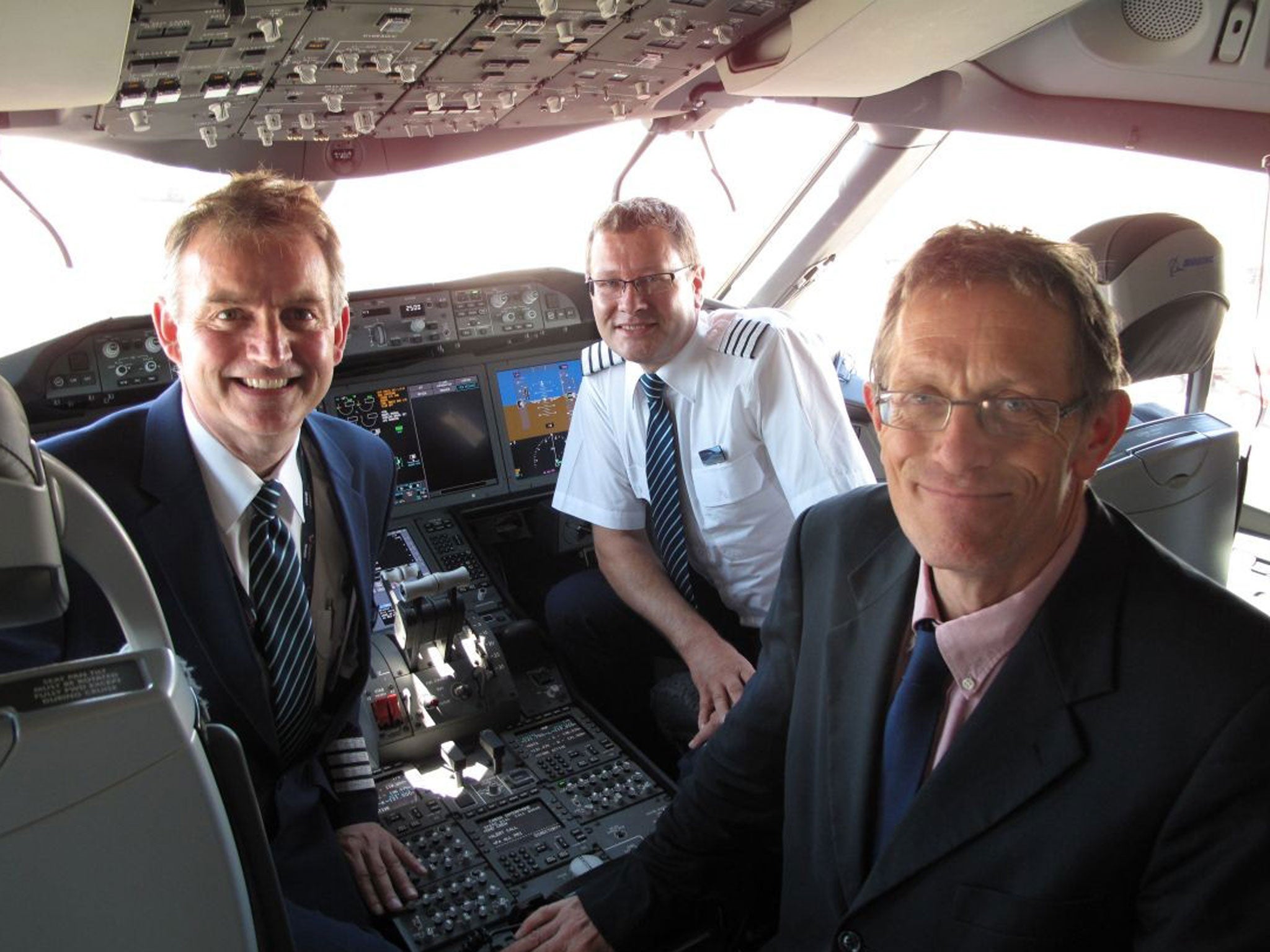
Two Boeings were flown into the twin towers of the World Trade Centre in New York, which collapsed. A third was deliberately crashed into the Pentagon in Washington. The fourth crashed in Pennsylvania after passengers took on the hijackers. To guard against further attacks, American airspace was closed for three days. When planes started flying again, they were largely empty. Security checks were much tougher, a prelude to far stricter controls on visitors to the US.
Add in the “liquid bomb plot” uncovered in London in August 2006, and the result is strict and undignified security checks becoming standard at Luton and every other major airport in the world. The travel industry was devastated by 9/11. Swissair, Sabena and Ansett of Australia all closed down. Surviving airlines sought to push up fares to deal with the downturn in traffic and higher insurance costs. But a then little-known airline chief executive had a better idea.
Michael O’Leary, boss of Ryanair, announced: “If you’ve got 10 quid, I’ll fly you anywhere.” The Irish no-frills airline’s flights quickly filled, and the stock market value of Ryanair exceeded that of American Airlines and British Airways put together. On the principle that fortune favours the brave, Mr O’Leary seized the opportunity to do the deal of the century with Boeing. As airlines were collapsing and planes were being mothballed, there was only one buyer in town. An order for 100 Boeing 737s (with options for 100 more) at around half the list price baked in a cost advantage over rivals that lasted for a decade.
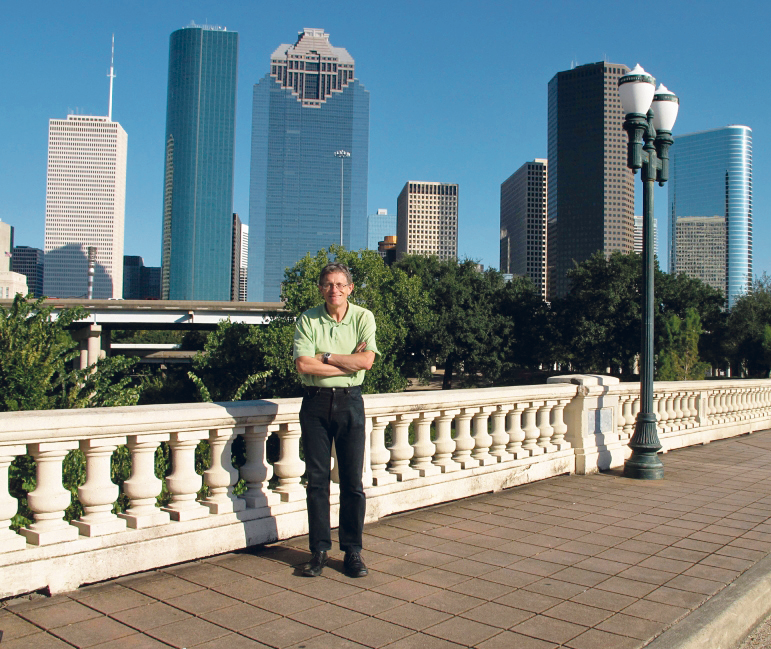
And all the attendant publicity came free. No one in travel history has extracted so much marketing support from the media as O’Leary. The Ryanair boss never had any intention of charging for using the onboard loo, but its frequent repetition means the message of an airline resolutely cutting costs (and by implication, fares) has won through. For everyone who says “I’d never fly on his airline”, Mr O’Leary knows there are many more who will.
Ryanair now flies more travellers from the UK abroad than any other airline, including British Airways and easyJet. And UK passengers benefit from the most intense aviation competition in the world. I am banking on my bargain Airbus jet finding its way across the 929 miles to Budapest through absurdly crowded skies, as well as dodging storms and strikes without too much of a delay. Safety, fortunately, is a given.
An obsession with safety among pilots, planemakers and airlines has reduced risk to the point where my 30-minute bike ride across London will involve more danger than a lifetime of flying. The tragedies involving the Boeing 737 Max, which cost the lives of 346 people, have revealed some shocking shortcomings involving the manufacturer and the regulator. It is of no comfort for the grieving families and friends of the victims that, in time, the industry will learn from them.
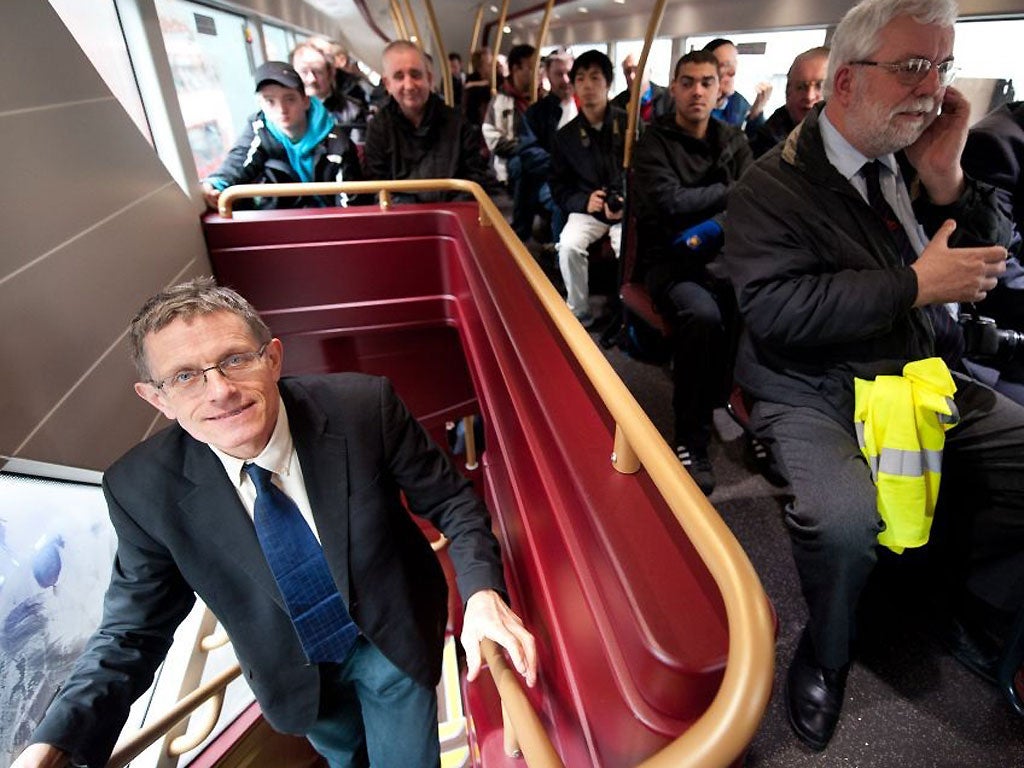
Meanwhile, the 737 Max calamities have fed perceptions among many travellers that the world is a dangerous place. Since the early 1990s, tourists have been seen as valuable targets by terrorists. A series of attacks on visitors to Egypt have been echoed most recently in Sri Lanka, in which eight British tourists died.
In fact, the numbers show that UK travellers have never been safer. Sadly, around 600 British tourists and business travellers will die abroad on short-term trips. The main killer will be road accidents (a good reason to put down the phone, take off the headphones and tune into the sounds of the city, incidentally), followed by drownings. Those figures have not significantly changed in the past quarter century. But the number of trips made is up by two-thirds, from roughly 45 million to 75 million.
In 1994, one in 75,000 British travellers died abroad; the odds have lengthened to one in 125,000. Enhanced road safety in France, Spain, Portugal and Italy, improved standards for hotel swimming pools, and better understanding of the dangers of rip currents are largely responsible. Cheaper, easier, safer.

The architecture of travel has changed comprehensively in a quarter century. But the purposes of travel have not: sun, sea, culture, cuisine, adventure and, most importantly, encounters with fellow humans. But not all of them are delighted to see us. The authorities in Amsterdam are now echoing concerns in Barcelona and Venice about the damage caused by “overtourism”. I recall a survey in the mid-1990s in which most British travellers said they would happily pay more for trips that are less damaging to the environment and more beneficial to the host community. The answers today are the same. But what people say to researchers and how they actually behave are very different.
The charity Tourism Concern was set up 30 years ago to campaign for an industry “which is ethical, fair and a positive experience for both travellers and the people and places they visit”.
Its mission: “Exposing tourism’s worst impacts and campaigning to stop them”. The group pointed out the problems of cruising: “Mass-market cruise ships have a poor record on worker rights, significant environmental impacts and bring few benefits to the destination communities – often leaving waste and pollution behind and culturally overwhelming smaller destinations.”

Sadly, Tourism Concern closed down in September 2018. It may take government action, from imposing visitor charges on day-trippers to Venice, and taxing the worst-polluting aircraft, to limit the damage.
An easy win to cut down on the amount of unnecessary flying would be for the football authorities to assign venues for European finals only after the participating teams are known. My trip to Baku is to research 48 hours in the Azeri capital ahead of the Europa League final between Arsenal and Chelsea on 29 May; tens of thousands of fans are expected to make the 5,000-mile round trip from London.
Obtaining an Azeri visa was another five-minute online task. Fourteen out of the 15 former republics of the USSR are now much easier for British travellers to access than they were during Soviet times; the outlier is the biggest of them all, Russia.
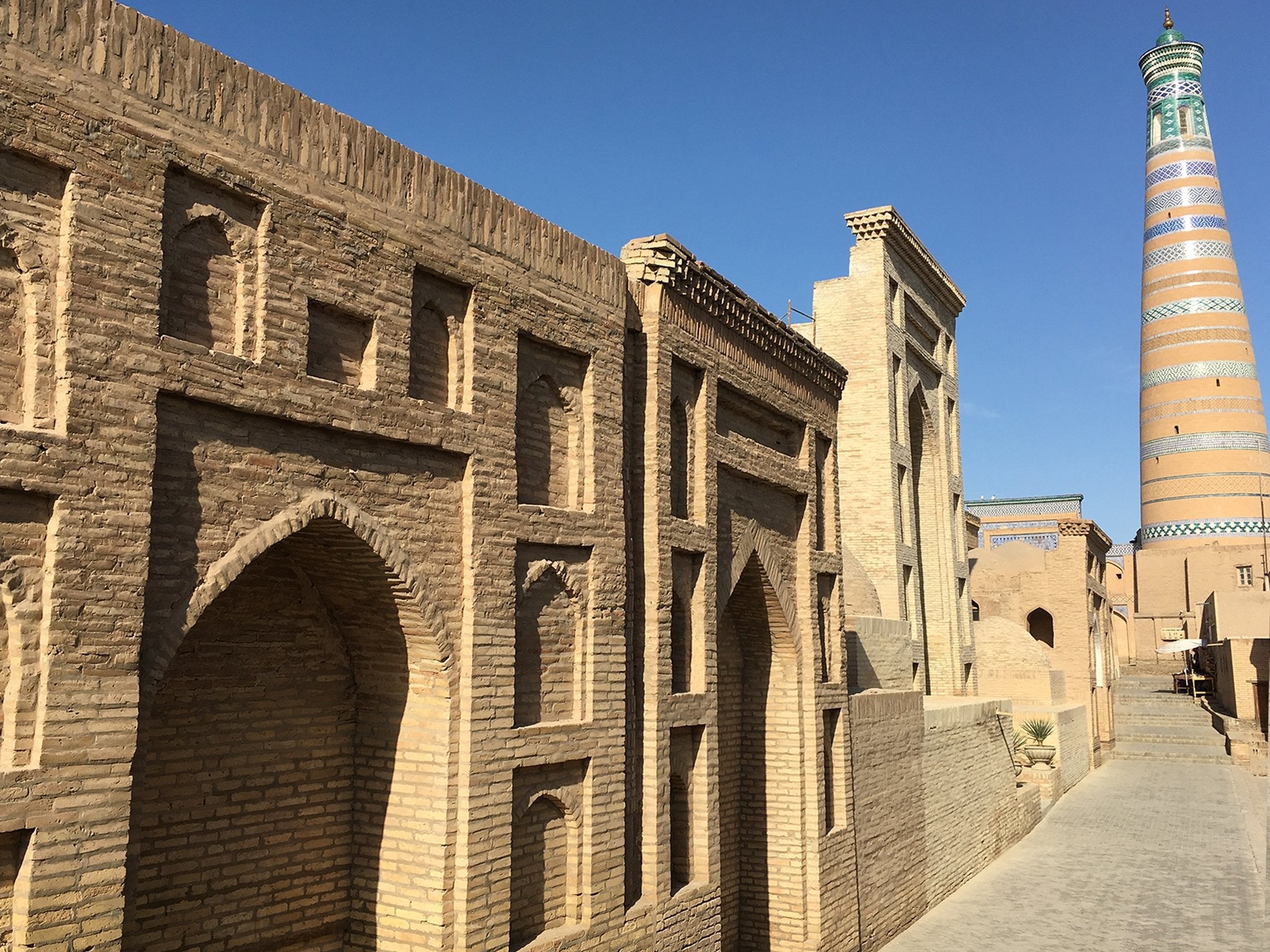
Fortunately, communications have become easier. Instead of dismantling an antique phone to connect a modem and dial up a number in London, I will hook onto the nearest available wifi to file words, pictures and videos. Hold my beer, comrade, so that fans can do more than just read about the best bar in Baku (with all due respect to Ramadan); they can watch a quick film of the facade and the faces of the regulars.
As they have for the past 25 years, my marvellous colleagues at The Independent will do all the heavy lifting to make the reports publishable, while I lift another glass and ponder what good fortune brought me here.
From the shores of the Caspian Sea, I’m leaving on a midnight train to Georgia. Who knows how the subsequent days will turn out? But if the last quarter century is any guide they will prove exciting, surprising and rewarding. This is the best of all times to be a traveller, and a travel correspondent.







